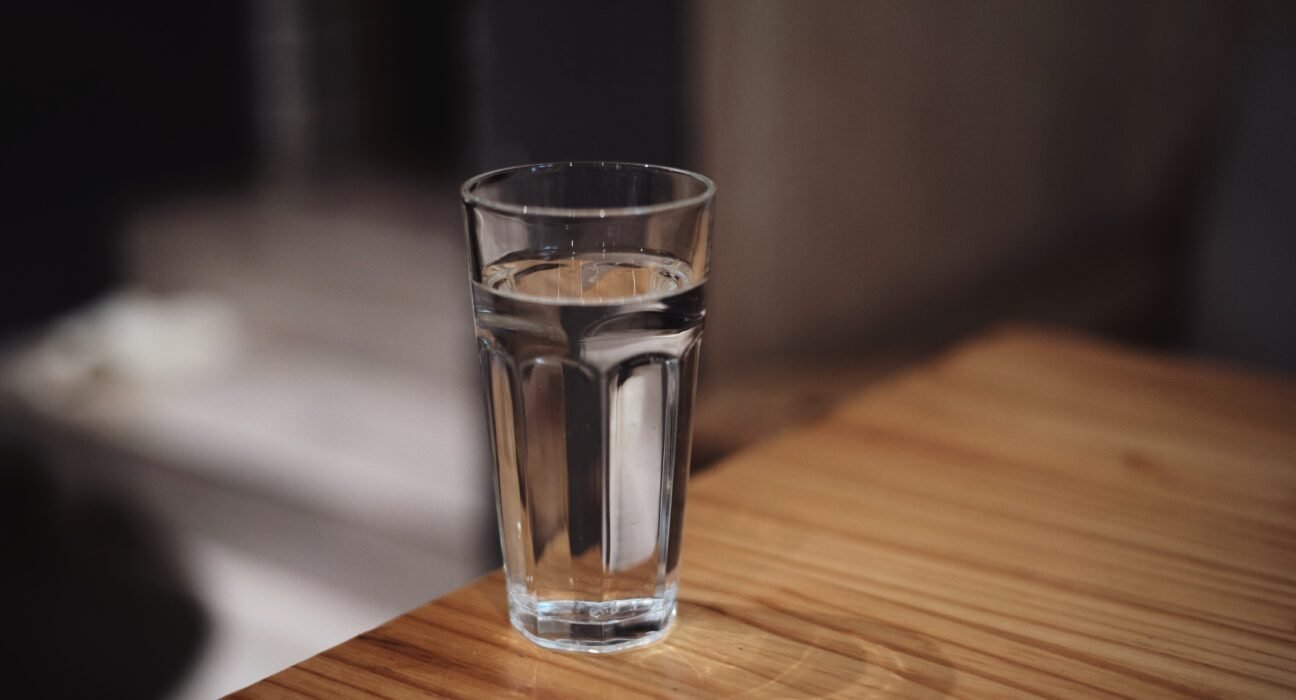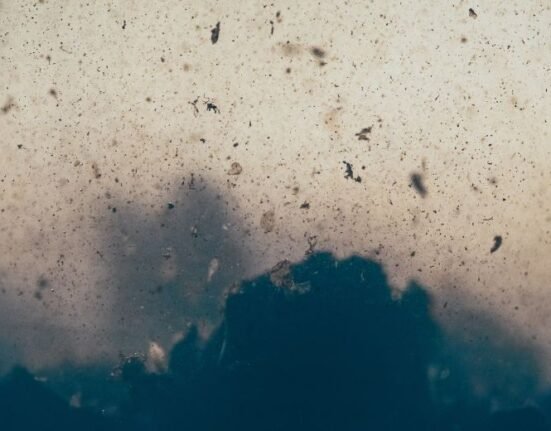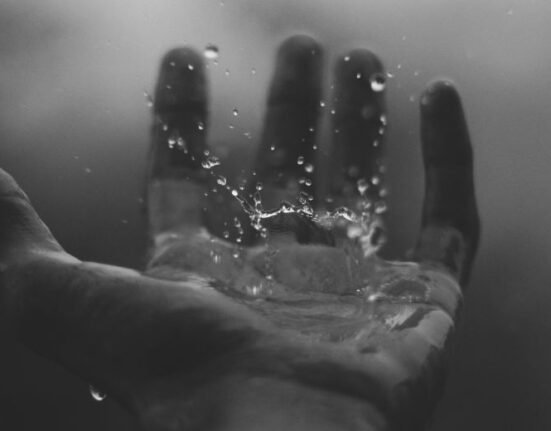Hydrate, hydrate and hydrate is the modern mantra for great skin, hair and digestion. The magical number is eight glasses of water a day. But now recommendations wary, some suggest less and others more.
So what is a healthy amount of water?
Here let us be clear, Out of all the current fads on the internet, drinking water is the best advice that anyone can give. It is important to focus on hydration from a variety of fluids throughout the day.
According to Harvard Medical School’s blog, hydration abets keeping you physiologically well-oiled by carrying nutrients and oxygen to your cells, aids digestion, flushes toxins and even maintains your blood pressure.
Besides your physical health, it also aids in balancing your mental health, improving cognitive skills and keeping anxiety away, according to the British Journal of Nutrition.
8 Glasses of Water
We all agree on the benefits of hydration but is 8 glasses the right amount or not is the debate. According to the U.S. National Academies of Sciences, Engineering, and Medicine, daily fluid intake should be 15.5 cups (3.7 litres) of fluids for men and 11.5 cups (2.7 litres) for women. Remember this is the recommended “fluid” intake, not just water. .
Besides beverages and water, about 20 per cent of our fluid intake comes from the food-rich food we eat, such as leafy greens, cucumber, celery, berries, melons, lettuce, etc. Coffee and tea also are counted as hydration, though some say caffeine is dehydrating. However, research has determined otherwise.
The Center for Disease Control and Prevention also suggests drinks with beneficial macro- and micronutrients can also contribute to fluid intake. These include milk (for protein and calcium) and 100% fruit juices (for vitamin C).
Alcohol might be a liquid, but it is a dehydrating agent. Alcohol suppresses the fluid-regulating hormone in the body and affects kidney function by upsetting the urination function and flushing out more liquid than required leading to dehydration. Hence, it is advisable to drink water alongside alcohol to control dehydration.
The Right Doze of Water
- The amount we need depends on our body size, metabolism, the weather, the food we eat, age and our activity levels.
- Most adults lose 2 to 3 litres of water per day. The loss is more in people with a higher metabolism rate or those that live in high-temperature zones.
- Air travel leads to an approximate loss of 1.5 litres of water during a three-hour flight.
- Lactating and breastfeeding mothers need more water.
- People on a high-protein diet and a high-fibre diet need more intake of liquid.
Avoid
- sugar-sweetened soft drinks and cordials
- fruit drinks
- vitamin-infused waters
- flavoured mineral waters
- energy and sports drinks.
To strike a balance in your water/fluid intake, we recommend age, weight and activity-appropriate intake.
Adult males and females should have a minimum of 2 to 2-5 litres of water, which can be increased to 3 litres desirably.








